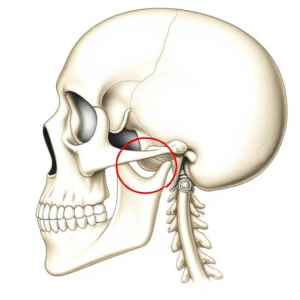Tinnitus: The Ringing in the Ears and Its Management – 4 Tips for Relief
Tinnitus relief – Tinnitus affects a significant portion of the global population at some stage in their lives. It is often described as a persistent buzzing, hissing, ringing, or clicking noise in the ears without any external source. While tinnitus itself isn’t classified as an illness, it can signify more serious issues, like hearing loss, ear infections, or extended exposure to loud sounds. This blog will explore the various aspects of tinnitus, including its causes, symptoms, and effective management strategies
What Causes Tinnitus?
Like many medical conditions, tinnitus has several contributing factors. These include, but are not limited to:
- Exposure to Loud Music: Frequent listening to loud music, operating heavy machinery, or experiencing explosions can harm the inner ear, resulting in tinnitus.
- Age-Related Hearing Loss: Aging brings numerous changes in the body, and for seniors, the delicate hair cells in the inner ear gradually weaken. This degeneration can lead to both hearing loss and tinnitus.
- Medications: Certain medications can trigger tinnitus or intensify existing symptoms. For instance, some antibiotics, antidepressants, and high doses of aspirin are known to have such effects.
- Other Medical Conditions: Chronic illnesses like an enlarged heart, hypertension, Meniere’s disease, or disorders such as temporomandibular joint (TMJ) dysfunction can also influence the symptoms of tinnitus.

Tinnitus Relief
Common Indicators and Relief for Tinnitus
Tinnitus symptoms vary widely among individuals. Here are some common sensations reported by those experiencing it:
- A whistling, buzzing, or hissing noise in one or both ears
- Sounds that may start or fade away, or persist constantly
- Increased tinnitus in quiet environments
- Difficulty concentrating or sleeping due to the noise
Steps to Help Reduce Tinnitus
While there is no definitive cure for tinnitus, many strategies can significantly alleviate its symptoms:
- Sound Therapy Customized sound therapy, nature sounds, white noise machines, and softer noises can mask the ringing. Additionally, earpieces can offer comfort and relief.
- Avoid Loud Noises Protect your ears from loud sounds by using earplugs or noise-cancelling headphones.
- Reduce Stress and Anxiety Persistent worry can worsen tinnitus symptoms. Engaging in relaxation activities such as yoga, deep breathing, or meditation can be beneficial.
- Modify Your Diet and LifestyleLimiting alcohol, caffeine, and nicotine can help manage ringing. Staying hydrated and maintaining a balanced diet can improve ear health.
- Consult a SpecialistAfter diagnosis, hearing aids, cognitive behavioral therapy (CBT), and other recommended treatments can be helpful. If tinnitus is significantly affecting your daily life, consider consulting an ENT specialist or audiologist.
With the right approach, tinnitus can be managed effectively, allowing those affected to lead a more comfortable life.
